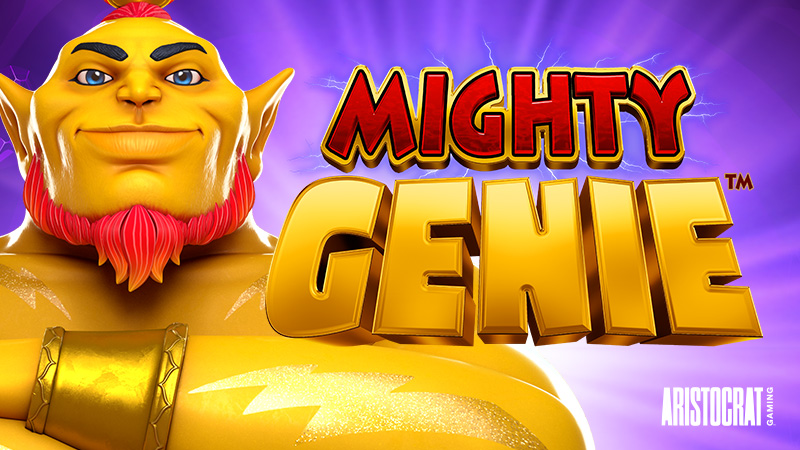A SEISMIC SHIFT IN THE AMERICAN GAMBLING INDUSTRY
A seismic shift took place in the American gambling industry last week when the US Supreme Court overturned a nationwide ban on sports betting.
In the highly anticipated move, the Supreme Court ruled that the Professional and Amateur Sports Protection Act of 1992, which forced all states except for Nevada to prohibit competitive sports gambling, was unconstitutional.
The decision paves the way for all 50 states to legalise and regulate sports betting through state legislation.
New Jersey, which was the victor in the Supreme Court case, will likely be the first state to pass legislation regulating the industry. But other states that have been anticipating the decision, including New York, Delaware, Mississippi, Pennsylvania, and West Virginia, also have legislation in the works
Each year, an estimated $150 billion is wagered illegally in the U.S., according to the American Gaming Association (AGA). The AGA, which is in favour of the decision, estimates that the decision could lead to a cascade of economic activity, predicting that if 40 states pass legal sports betting laws, the industry could produce around $8 billion in local taxes, create hundreds of thousands of jobs, even add $20 billion in gross domestic product.
Previously, if non-residential Nevada fans wanted a piece of the action they would usually have to catch a flight & book a room in Reno or Las Vegas or place a bet illegally, especially for big events like the Super Bowl. For instance, during the last Super Bowl when the Philadelphia Eagles upset the New England Patriots, Americans bet $4.76 billion on the game, but it’s estimated that about 97 percent of the money was wagered illegally.
Las Vegas operators say they aren’t worried about the changes as sports books only generated US$249 million in revenue from Nevada casinos last year – just 2% of the US$11.5 billion total gambling revenue in the State. However, there is no mention of the impact this legislation will undoubtedly have on the hotel trade, food and beverage operations and other tourist attractions in “Sin City”.
Sources: Business Insider, Huff Post, CDC Gaming Report, Casino & Gaming Smartbrief










